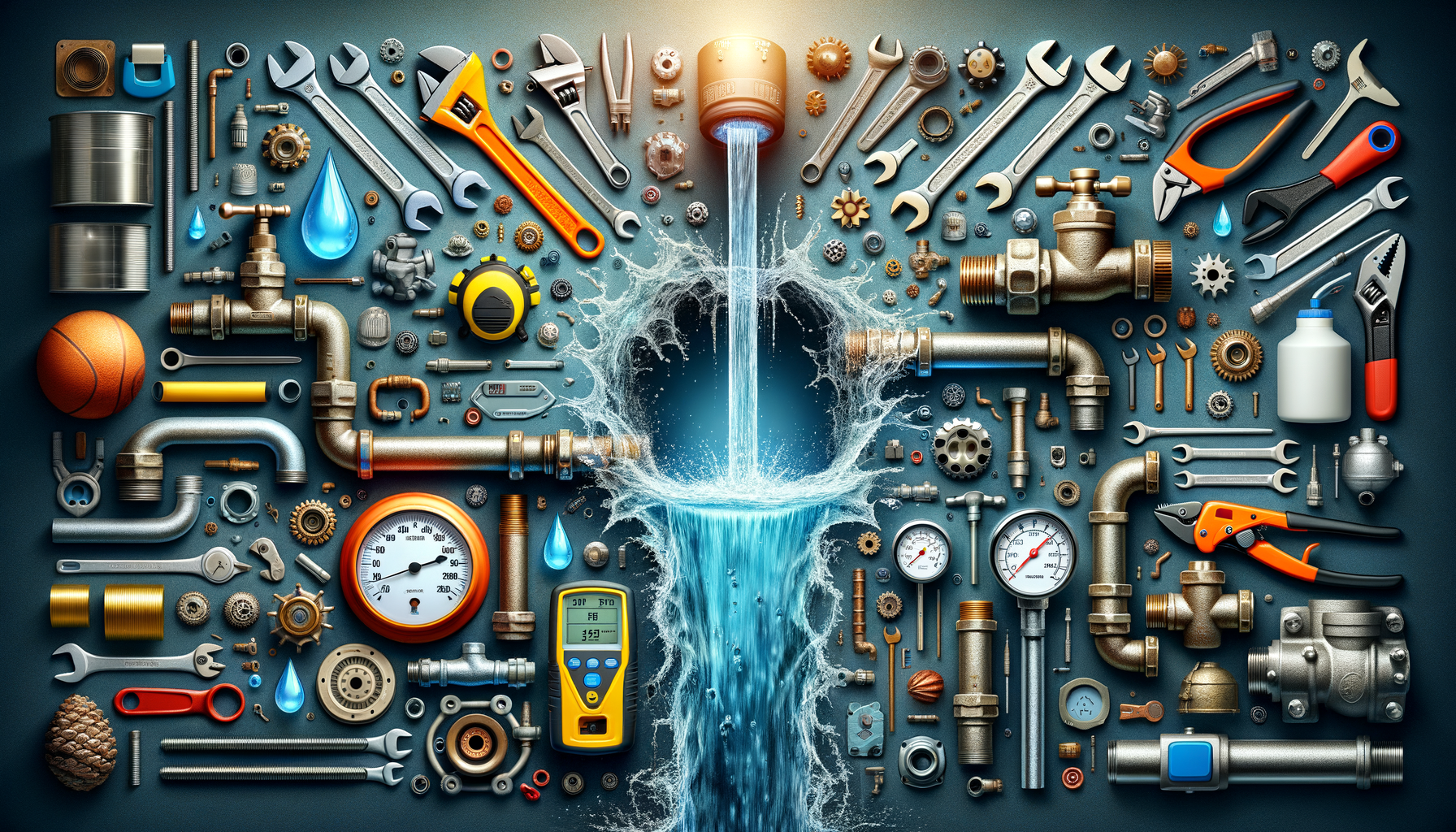Stop That Drip: DIY Leak Repairs and When to Hire a Water Leak Detection Specialist
Understanding Common Plumbing Issues Plumbing systems are integral to our daily lives, yet they often go unnoticed until a problem arises. Common plumbing issues such as leaks, clogs, and low water pressure can disrupt daily routines and lead to significant damage if not addressed promptly. Understanding these problems is the first step in determining whether

Understanding Common Plumbing Issues
Plumbing systems are integral to our daily lives, yet they often go unnoticed until a problem arises. Common plumbing issues such as leaks, clogs, and low water pressure can disrupt daily routines and lead to significant damage if not addressed promptly. Understanding these problems is the first step in determining whether you can handle them as a DIY project or if professional help is necessary.
Leaky faucets and pipes are among the most frequent plumbing issues homeowners face. While a minor drip might seem insignificant, it can lead to increased water bills and potential water damage over time. It’s essential to identify the source of the leak, which could be due to worn-out washers, corroded pipes, or faulty connections.
Clogs are another common issue, often caused by the accumulation of debris, hair, or grease in the pipes. These can usually be resolved with a plunger or a drain snake, but persistent clogs might indicate a more severe blockage that requires professional intervention.
Low water pressure can be a sign of various underlying problems, including leaks, sediment buildup in pipes, or issues with the municipal water supply. Identifying the cause of low water pressure can be challenging, and sometimes it may necessitate the expertise of a plumber to resolve.
- Leaky faucets and pipes
- Clogs due to debris buildup
- Low water pressure from various causes
Recognizing these common issues and understanding their potential causes can help you decide the appropriate course of action, whether it’s a simple DIY fix or a call to a professional plumber.
DIY Leak Repairs: Tools and Techniques
For those who enjoy tackling home improvement projects, some plumbing issues can be resolved with a bit of DIY spirit. Fixing minor leaks is often manageable with the right tools and techniques, saving both time and money. However, it’s crucial to know your limits to avoid exacerbating the problem.
Start by gathering essential tools such as a wrench, pliers, plumber’s tape, and a pipe cutter. These tools can help address simple repairs like tightening connections or replacing worn-out washers. Plumber’s tape, also known as Teflon tape, is particularly useful for sealing joints and preventing leaks.
When addressing a leaky faucet, the first step is to turn off the water supply to prevent further leakage. Next, disassemble the faucet to identify worn or damaged parts that need replacement. This might involve replacing O-rings, washers, or the entire cartridge, depending on the faucet type.
For pipe leaks, locate the source and determine whether a temporary fix or a permanent repair is needed. Temporary solutions, like epoxy putty or pipe clamps, can provide a quick fix while you plan for a more permanent solution. However, if the pipe is severely corroded or damaged, replacing the affected section might be necessary.
- Essential tools: wrench, pliers, plumber’s tape
- Steps for fixing a leaky faucet
- Temporary vs. permanent pipe repairs
While DIY repairs can be rewarding, it’s important to recognize when a problem is beyond your skill level. In such cases, hiring a professional plumber is the best course of action to ensure a safe and effective repair.
Hiring a Water Leak Detection Specialist
There are times when plumbing issues require more than a DIY approach. Hiring a water leak detection specialist is advisable when leaks are hidden or difficult to locate, as they possess the expertise and equipment to accurately identify and address the problem.
Water leak detection specialists use advanced tools such as acoustic sensors and thermal imaging to pinpoint leaks without causing damage to walls or floors. This non-invasive approach is particularly beneficial for detecting leaks in hidden areas, like behind walls or under floors.
The cost of hiring a specialist can vary depending on the complexity of the leak and the location. However, investing in professional services can save money in the long run by preventing extensive water damage and reducing water bills.
When choosing a specialist, consider their experience, reputation, and customer reviews. A reputable plumber should be licensed and insured, providing peace of mind that the job will be done correctly and safely.
- Advanced tools: acoustic sensors, thermal imaging
- Cost considerations and long-term savings
- Choosing a reputable specialist
Ultimately, knowing when to hire a water leak detection specialist can prevent minor issues from becoming major problems, ensuring your plumbing system remains in optimal condition.